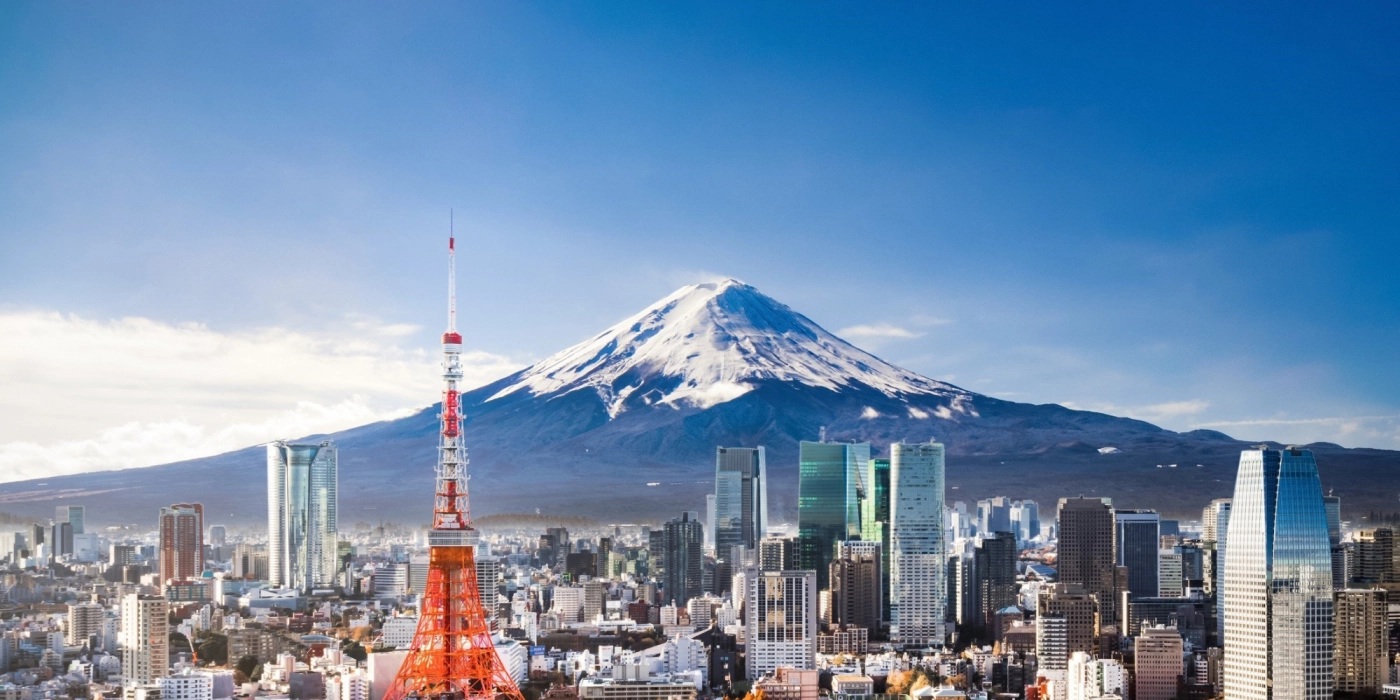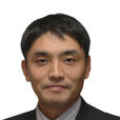Japan's economy set to accelerate as Covid-19 fears ease, yet hurdles remain
Japan’s gross domestic product will likely show signs of acceleration in 2022, as economic activity picks up, supply chain constraints gradually ease, and vaccination rates rise, according to Nomura Chief Economist Takashi Miwa, who was speaking at the Nomura Investment Forum 2021 in Tokyo.
Such optimism was tempered by a range of challenges in 2021, however. Resurgent supply disruptions during the summer of 2021 weighed on the manufacturing and transport sectors in Japan, leading to production bottlenecks, even as global demand rebounded, he said, while a fifth wave of the Covid-19 pandemic also drove a decline in economic activity. Japan’s gross domestic product shrank by 3%[1]
in the July-to-September period.
“The factors that delayed Japan’s reopening are going away,” Miwa-san said. For instance, vaccination rates in Japan, which trailed those in the United States and United Kingdom initially, have improved sharply with latest data showing nearly 80% of the country’s population has been inoculated.[2]
Nevertheless, concerns remain. Touching upon Japan’s labor market, which is grappling with a dwindling working-age population and persistently low wage growth, Miwa noted that a lack of significant job losses during the pandemic had meant a further delay to reforms. Japan’s unemployment rate was at 2.7% in October 2021.[3]
Miwa-san highlighted that besides a unanimous increase in wages, Japan needs a structural overhaul in its labor market so that increased labor mobility can drive a rapid shift in production resources into higher growth areas of the economy.
Additionally, against the backdrop of subdued inflation expectations, low wage growth[4]
and vulnerable household demand, weak inflation momentum in Japan[5]
appears likely to continue, Miwa-san added.
Global pandemic endgame nearing; stagflation worries overdone
Meanwhile, as economies nudge toward the endgame of the Covid-19 pandemic ongoing supply constraints have accelerated inflation in some regions and market concerns about the risk of stagflation have started to set in, Miwa-san said.
However, he does not expect stagflation to take hold, explaining that a major factor contributing to the current acceleration in inflation is the convergence of a surge in “stay home” demand for durable goods and supply issues that are quite peculiar to the pandemic. “We expect these concerns to ease as progress towards economic reopening will also ease supply constraints on many fronts,” Miwa-san said.
Yen’s weakening trend to boost exports, economy
On the currency front, the yen -- which fell to a four-year low against the US dollar in November[6] -- will likely weaken further, according to Yujiro Goto, Nomura’s Head of FX Strategy, Japan, who was also speaking at the conference. “Unexpectedly strong inflation in the US, the widening rate differential between the US and Japan, and the US Federal Reserve’s hawkishness are drivers for the yen’s weakness,” he said.
“There are concerns over the excessive weakening of the yen, with some calling it a ‘bad yen weakness,’ but we believe the current strengthening of the dollar against the yen is justified by fundamentals and is more sustainable,” Goto-san added.
Nomura expects the yen to decline to JPY117 in the first half of 2022, with the possibility of it touching JPY120 if it overshoots. “This will be a tailwind for Japanese exports and the economy,” he said.
Nevertheless, Goto-san outlined risks to watch for in the latter half of 2022.
There are two market-related concerns: the historical tendency for US interest rate hikes to lead to the eventual strengthening of the yen, and changes to supply and demand for yen amid ongoing pandemic-related uncertainties. He added that two upcoming events may also threaten the currency’s weakness – the risk of a political paralysis in the US following mid-term elections as approval ratings for President Joe Biden decline, and rising market concerns over Bank of Japan shifting toward a less dovish stance as the end of Governor Haruhiko Kuroda’s term approaches. The yen will likely trade around JPY118 in 2023, said Goto-san.
Japanese equities set to play catchup
Meanwhile, the capital markets, Japanese equities -- which have lagged their US and European counterparts since March this year -- are set to enter a catch-up phase, Nomura’s Chief Equity Strategist Yunosuke Ikeda told the conference.
Ikeda-san noted that European and Japanese equities are both sensitive to the business cycle and valuations for both fluctuated around 17 to 18 times price-to-earnings between the summer of 2020 and spring of 2021. “However, they began to diverge in spring of 2021, Japanese shares became more undervalued and that undervaluation has continued,” said Ikeda-san. He listed three likely reasons for this divergence – investor concerns over Japan’s ability to contain the spread of Covid-19 during the Tokyo Olympics, worries over the impact of rising resource prices on Japanese shares and concerns about a spillover impact from the Chinese economy amid possibility of defaults in the real estate sector.
“However, this did not turn out to be true,” Ikeda-san said, noting that Japan’s corporate performance has been “very stable,” outstripping analyst expectations.
Another major factor behind the upcoming catch-up is the operating rates in Japan’s manufacturing industry, which dropped considerably, compared to other regions, but are set to recover and turn positive by the January-to-March quarter.
The argument that resource price hikes impact Japanese equities negatively is only a “partial view,” Ikeda-san said, highlighting that top line growth alongside resource price increases allows Japanese corporations to maintain both top line and bottom line growth.
Based on expanding corporate profits, Japan’s Nikkei Average could reach 32,000 points in the first half of 2022, Ikeda-san concluded.
[1] https://www.reuters.com/world/...
[2] https://graphics.reuters.com/w...
[3] https://tradingeconomics.com/j...
[4] https://asia.nikkei.com/Politi...
[5] https://www.economist.com/fina...
[6] https://www.bloomberg.com/news...






